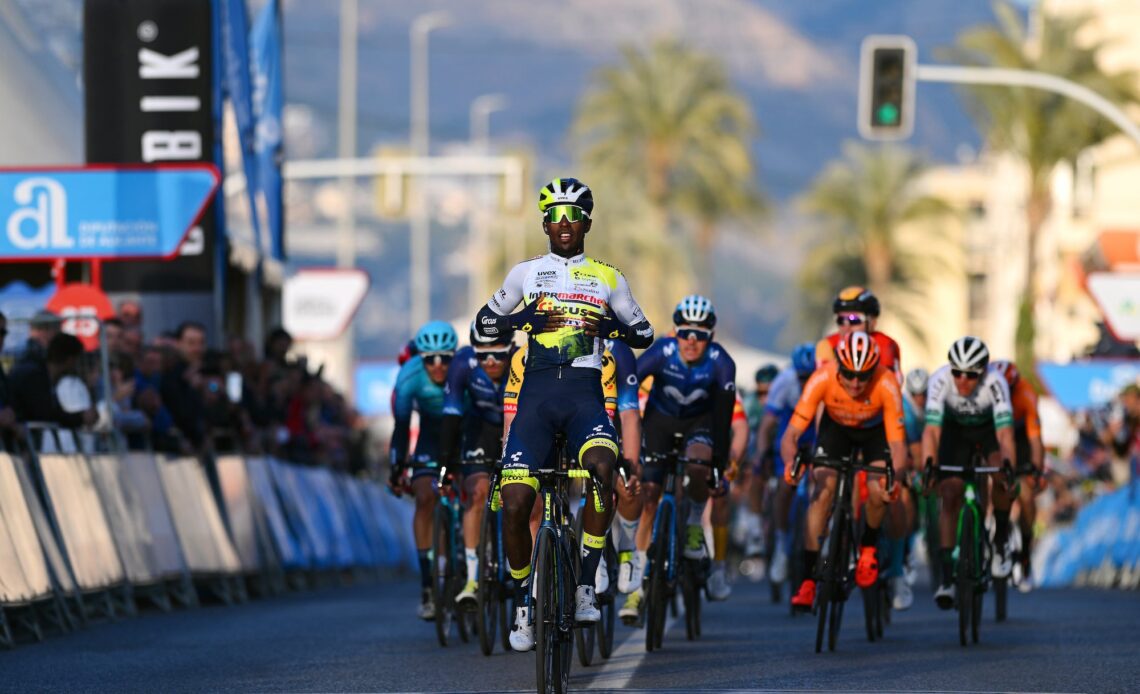Will we ever learn not to make mountains out of molehills, where sport is concerned? The season is barely a month old and the virtual walls of social media platforms over reverberate with noise as cycling fans and pundits do what they do best: over-hype, wildly speculate, and extrapolate future outcomes based on extremely limited evidence.
But what else are we supposed to do? It’s the early season in pro cycling, and we cannot help but clutch onto these early indicators of form in an effort to construct multiple future narratives to discuss over coffee with friends, or debate over social media. So, let’s embrace all those hot takes and indulge all the sensationalist hyperboles, and just for a moment suspend our indignation and soundly ignore the refrain of the level-headed – ‘but it’s only February!’ It just may be that these early season insights really are the clues we need as to how the season will unfold.
Pretenders to the throne
Once the major races begin, all eyes will be on the cycling superpowers of Ineos Grenadiers, UAE Team Emirates and Jumbo Visma, but if we’re to give credence to the results so far, it might be deduced that they will not have things all their own way. Two teams in particular have opened their accounts strongly, with new signings and experienced campaigners alike staking their claim on early wins.
Read more: Do we have a new King of the Classics?
Intermarché-Circus-Wanty have six wins so far, with Rui Costa unleashing his best form in years after leaving UAE Team Emirates, young Belgian baroudeur Kobe Goossens winning two consecutive days of the Mallorca Challenge and Biniam Girmay grabbing a win just as he did early in 2022 (and look how that year turned out).
Girmay celebrating his stage victory at Volta a la Comunitat Valenciana (Dario Belingheri/Getty Images)
EF Education-EasyPost have also taken six wins (plus a raft of national titles), with Alberto Bettiol taking a surprise TT win in the Tour Down Under Prologue, Neilson Powless dominating in France, taking wins at the GP la Marseillaise and Étoile de Bessèges, and Magnus Cort at his belligerent best in Portugal, taking two stand-out stage wins and spending time in the leaders’s jersey at the Volta ao Algarve.
The future is now
The men’s peloton is getting younger – it’s no longer speculation but fact, as Raul Banquieri showed recently the average age of the peloton has dropped steadily from just over 29 in 2010 to just over 27…

